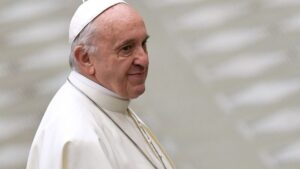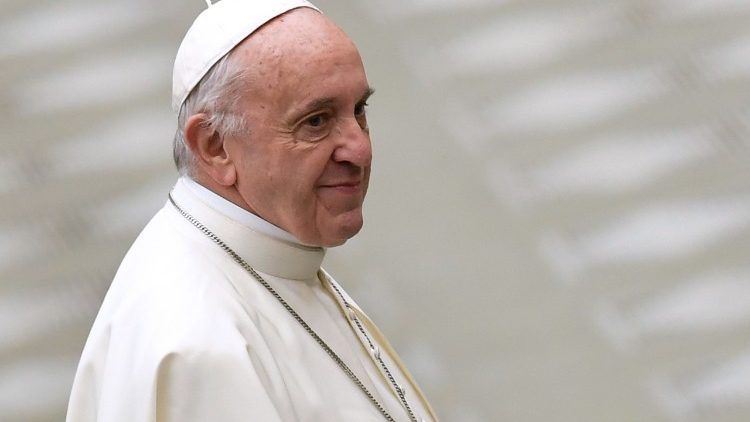Pope Francis in Canada, First Nations divided

TORONTO – Indigenous leaders’ reactions to Pope Francis’ visit to Canada scheduled for July 24-30 are mixed. While some of them favorably judge the Pontiff’s five-day trip, others are disappointed that some parts of the country are not part of the established itinerary. The Vatican announced Friday that the Pope will travel to Alberta, Quebec and Nunavut.
The confirmation of the trip came more than a month after the Pope apologized for the catholic Church’s role in the Canadian residential school system and vowed to come to Canada, accepting the request of indigenous delegates who “expected the apology to be brought to Canadian soil.”
The promise will then be kept but while some say they hope the Pope’s visit is a step towards reconciliation, others are disappointed that he will not travel to provinces such as Saskatchewan, where many of Canada’s residential schools were located. “We hoped he would come and apologize at one of our residenzial school sites,” Bobby Cameron, chief of the Federation of Sovereign Indigenous Nations, which represents 74 First Nations in Saskatchewan, told CTV Power Play. obviously, a significant impact for survivors, descendants and families.”
But Archbishop Richard Smith of Edmonton, who serves as the general coordinator of the trip, said the Pope, who is 85, “has limitations in dealing with travel”: he cannot travel by helicopter or stay in a vehicle for more than an hour and must rest between events. The objective difficulties, due not only to age but also to serious walking problems, must obviously be taken into account. “In all honesty there are actions that are more crucial,” Cameron said, which includes the immediate return of indigenous cultural objects and documents in the possession of the Vatican, the construction of care and welfare centers at former residential school sites, as well as “bringing to justice those who have committed crimes in residential schools.”
And it’s not just Bobby Cameron who is disappointed. The president of the Manitoba Métis Federation, David Chartrand, also told CTV News Winnipeg that he was bitter that the Pope will not even make a stop in Winnipeg.
Last April, a delegation from Manitoba Métis met with the Pope separately after the apology. “It was a disappointment in my heart and for all the Red River Métis … for our Nation,” Chartrand said. From the late 1800s to 1996 more than 150,000 children from the First Nations, Métis and Inuit were forced to leave their families to attend residential schools. The goal of the institutions was to replace the indigenous language and culture with the English and Christian ones.
Administered and funded by the federal government, churches and religious organizations largely ran schools.
Grand Chief Remy Vincent of the Huron-Wendat Nation in Wendake, Quebec, said the officialization of the visit was relatively well received. “We should expect nothing less from the Church than to come to our territories here, quebec and Canada, to apologize to the First Nations for the horrors that have been committed and have come to light in recent years,” he said.
The Grand Chief of the Confederacy of Treaty Six Nations George Arcand, who is working with the Holy See to plan the Pope’s stop in Alberta, said he recognized the importance the visit will have on survivors, their families and communities. “I hope that we are on the road to healing and that the truths of the survivors are validated with this historic visit to our territories,” Arcand said.
The Union of British Columbia Indian Chiefs had asked to include the former site of Kamloops Residential School, where numerous tombs were discovered nearly a year ago. “Although we understand the vastness of Canada and the need to make his trip to Canada manageable, it is really a shame that the Pope will not have the opportunity to come to Kamloops Residential School, the largest residential school in the country run by the Catholic Church,” said Chief Rosanne Casimir of Tk’emlups te Secwepemc First Nation – survivors need to hear true and meaningful apologies from the highest level, by the Pope himself”.



